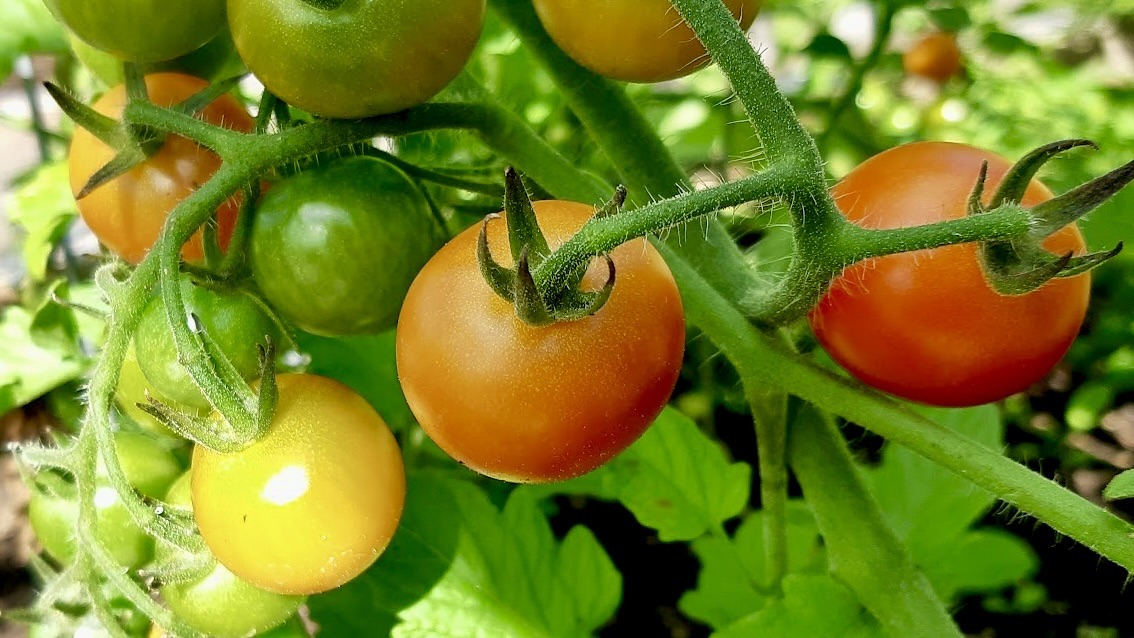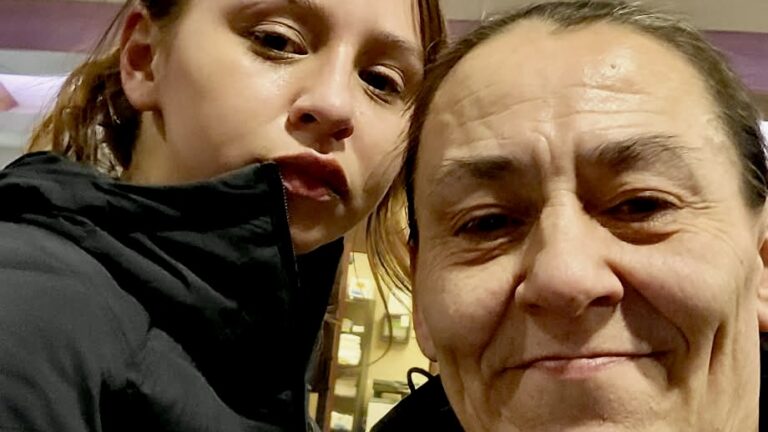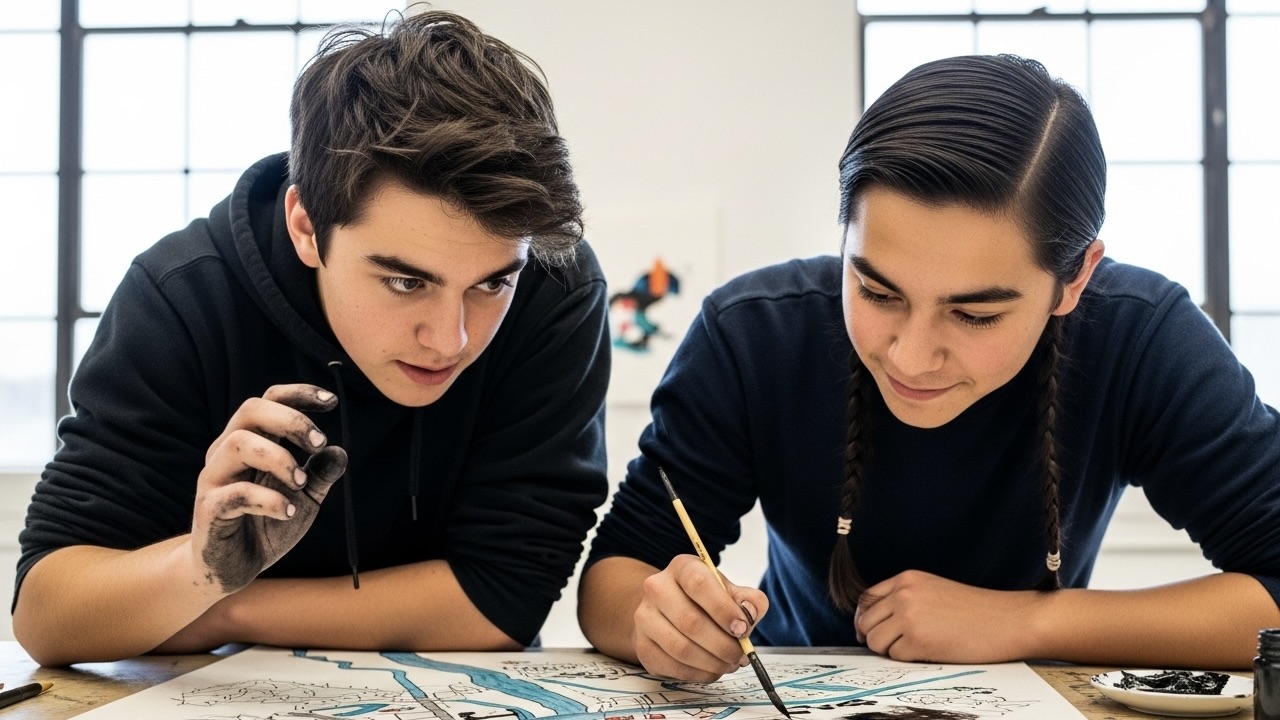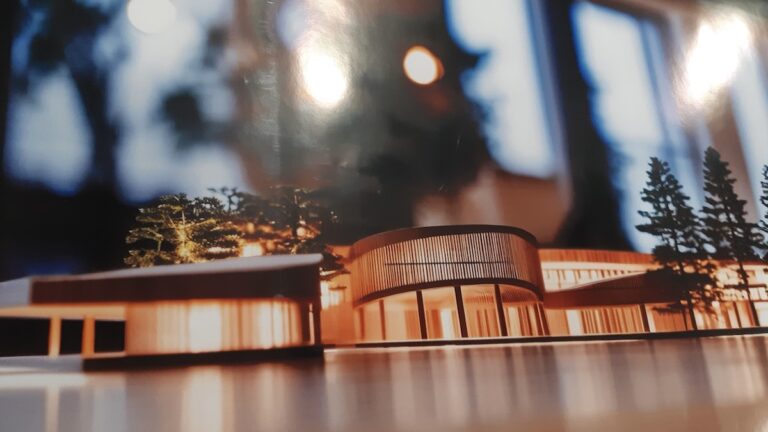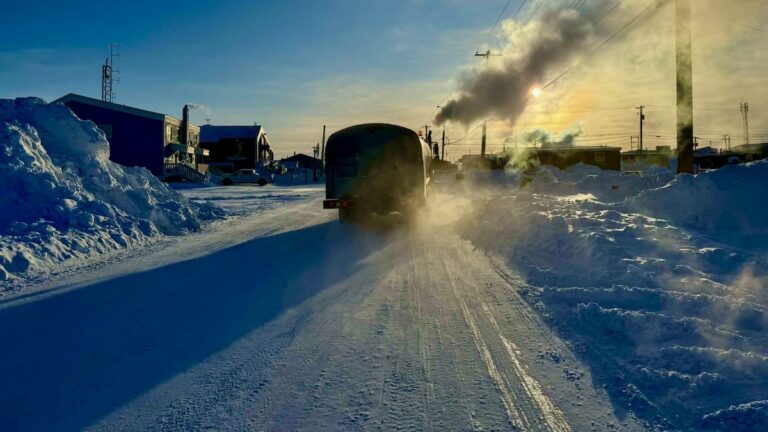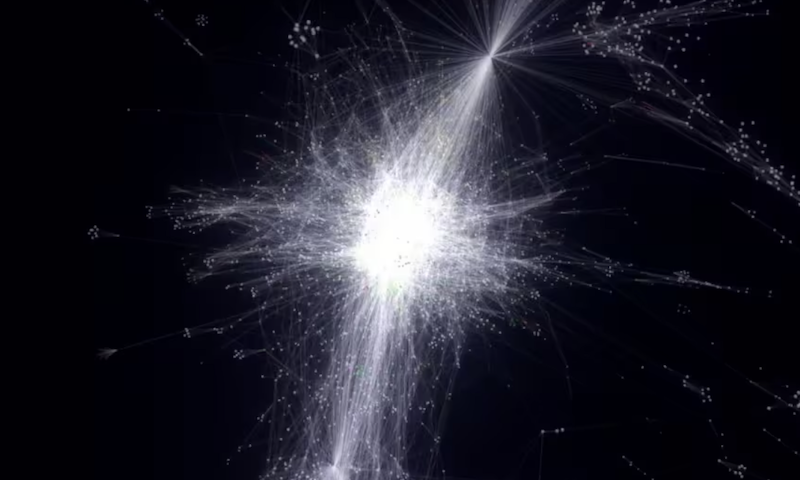
At its core, REM is a participatory approach that unravels the various changes, outcomes, and impacts influenced by an initiative.
Workshop Ideas: Exploring The Power Of Ripple Effects Mapping In Evaluation And Planning
Ripple Effects Mapping (REM) is a dynamic evaluation technique that illuminates the interconnected web of intended and unintended outcomes resulting from an initiative. Developed to explore the effects of complex or evolving initiatives, REM goes beyond traditional evaluations by actively engaging stakeholders and providing a visual representation of the initiative’s impact.
For more information, there is a great overview called: The Uses of Ripple Effects Mapping. Our Art Borups Corners project is just learning about this approach, and we find it really awesome and want to learn more.
What is Ripple Effects Mapping?
At its core, REM is a participatory approach that unravels the various changes, outcomes, and impacts influenced by an initiative. The process culminates in a visual map, capturing the ripple effects and showcasing the broader impact of the initiative.
Reasons to Choose Ripple Effect Mapping
- Sharing the story of an initiative.
- Communicating program effects with stakeholders.
- Motivating a coalition or group.
- Efficient group storytelling.
- Time-effective document creation.
- Onboarding new coalition members.
- Visualizing a project or coalition’s history for strategic planning.
Why Use Ripple Effects Mapping?
REM proves valuable for initiatives that are intricate or undergoing shifts. Its utility lies in uncovering effects that may be challenging to conceptualize, evaluating initiatives midway or at the end of programming, and engaging stakeholders in the evaluation process.
Benefits of Ripple Effects Mapping: The approach boasts several advantages, including stakeholder engagement, a positive and enjoyable experience, group reflection opportunities, the revelation of unexpected effects, and the collection of diverse stories from different perspectives.
The outcomes of REM hold practical applications in various areas, from informing funding requests and grant reporting to aiding in evaluation planning, creating initiative logic models, and facilitating communication with stakeholders.
Limitations of Ripple Effects Mapping: While powerful, REM has limitations, such as its focus on outcomes rather than processes, reliance on the Appreciative Inquiry Method, potential bias toward positive effects, and the possibility that participants might lack complete information.
Appreciative Inquiry Interviews: This approach can have questions revolve around positive changes and improvements since a project or coalition’s inception, the community’s transformation due to a project’s work, or elements of the collaborative work that people are most proud of.
Putting the Results of REM into Practice:
Ripple Effects Mapping can be used as a powerful tool not only for evaluation but also for fostering collaboration, communication, and strategic planning within initiatives. Its participatory nature and ability to capture the intricate web of effects make it a valuable asset in navigating the complex landscape of program evaluation.
This year, one of the project’s collaborators, Global Dignity Canada is planning to undertake several organizational mapping exercises. @1860 Winnipeg Arts and Art Borups Corners are also hoping to see Ripple Effect Mapping used as an innovative tool and resource for communicating the impacts our partners, collaborators and community projects have across communities.
We believe this process is useful not only for organizations Global Dignity Canada but also as an extension activity building on what we learned through Unite Kindness. We also hope to explore how Ripple Effect Mapping can be used by programs, projects, and individuals across diverse contexts, disciplines, networks, countries, bioregions, trust circles, and beyond.
For Art Borups Corners and @1860 teams, a session during the 2024 Arctic Congress in Bodø, Norway will be exploring mapping organizations and projects. A session on “Formalizing and Streamlining Socio-economic Data Platforms Across the North for Food Systems Analysis” will be Inviting the 10+ UArctic Thematic Networks that pertain to food. They are proposing a working, participatory session dedicated to mapping the data universes in each UArctic nations, particularly as they relate to socio-economics and food systems.
Our Art Borups Corners project team is really keen to learn more about the work they are doing.
Join the conversations in Bodø, Norway for Arctic Congress 2024

We are really having some engaging conversations on the use of Ripple Effect Mapping. We’re thinking we might also include some of these conversations during our next conferences. Would you like to join us?
The Arctic Congress Bodø 2024, scheduled from May 29 to June 3, is a collaborative initiative aligned with Norway’s Arctic Council chairship priorities. The event is hosted by Nordland Research Institute and Nord University in Bodø, Norway, the European Capital of Culture 2024. The congress brings together three major conferences: ICASS XI (International Congress of Arctic Social Sciences), High North Dialogue 2024, and UArctic Congress 2024. The themes revolve around Norway’s Arctic Council chairship priorities, emphasizing climate change impacts, sustainable development, and the well-being of Arctic communities and Indigenous peoples.

